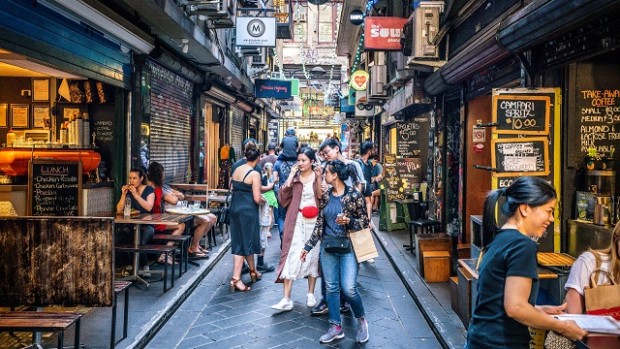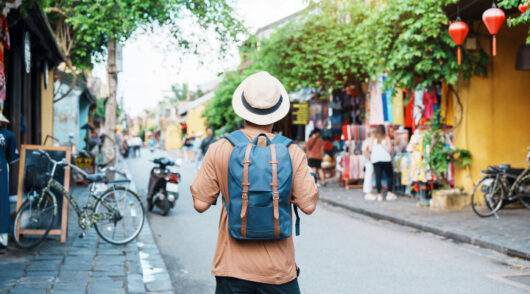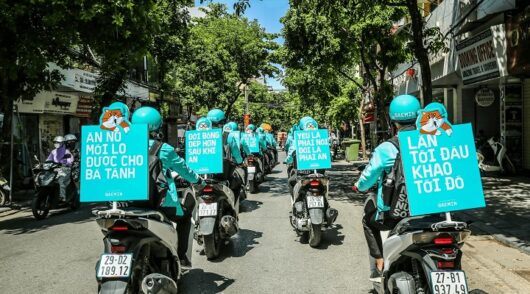
Four months after a national stay-at-home order drove many retailers to temporarily close their offices and bricks-and-mortar stores, some parts of the country are still grappling with rising Covid-19 case numbers, and businesses in these hostpots are bracing for the toughest restrictions yet.
On Sunday, August 2, the Victorian Government placed metropolitan Melbourne into a stage 4 lockdown. This means there are still only four reasons for residents to leave their home: to shop for food and other essential items; to provide caregiving, seek medical treatment or for compassionate reasons; for exercise outdoors; and for work or study that can’t be done at home.
But now, only one person from each household is permitted to leave the home to go shopping once per day, outdoor exercise is limited to one hour per day and all shopping and exercise must occur within 5km of the home.
In addition, there is a curfew every night from 8pm to 5am. The only lawful reason for someone to be out of home between these hours is for work or to receive or provide medical care. Stage 3 restrictions are now in place in regional Victoria, and face coverings are mandatory across the state.
Victorian Premier Daniel Andrews is expected to make an announcement on Monday afternoon about what the stage 4 lockdown means for businesses in metropolitan Melbourne.
Under stage 3 restrictions, which were reintroduced in Melbourne on July 8, some businesses, such as restaurants, cafes, pubs, beauty salons, gyms and cinemas, were forced to close or return to takeaway and delivery services only.
But some retail experts believe the Government will go further and restrict all non-essential services under stage 4. This is generally understood to mean all businesses except for supermarkets, fuel stations, banks and pharmacies and other allied health services.
Andrews mentioned the possibility of the forced closure of non-essential services in the early days of the pandemic in March, but ultimately, this did not occur.
The current high level of community transmission – when someone acquires Covid-19 and a direct source cannot be identified – is one reason the Government might take this step now.
However, Jana Bowden, an associate professor at Macquarie University’s business school, said the economic impact of such a decision will likely be taken into account.
“The Victorian economy makes up 20 per cent of the Australian economy. If we have the shutdown of all non-essential [services], it would have an impact to the tune of $1 billion per week,” Bowden told Inside Retail.
“What we’re seeing now is the very difficult fine line and balance where you need to keep the economy rolling, but also have to carry the balance of protecting society and keeping safety first. Right now it looks like a tightrope.”
Regardless of whether non-essential services will be forced to shut under stage 4, Bowden believes many retailers will voluntarily close their stores due to impact of the 5km limit on travel on foot traffic.
“Basically you’re seeing consumers voting with their feet,” she said, referring to a pedestrian counter which showed a 30 per cent drop in foot traffic Flinders Street Station today.





